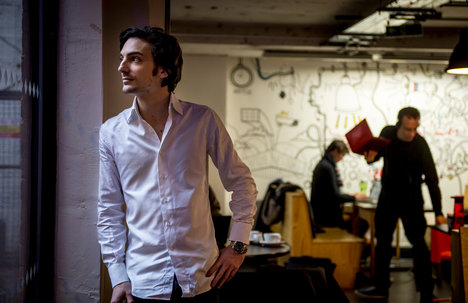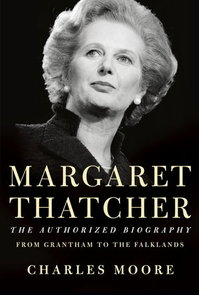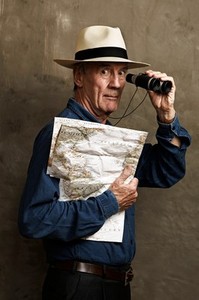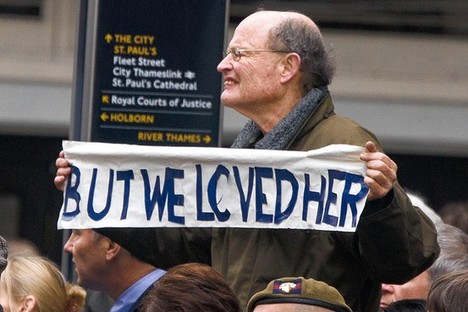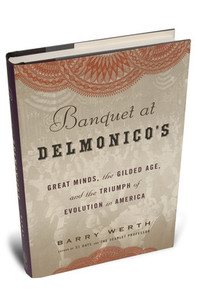Source of image: http://www.bombayharbor.com/productImage/Ice_Hockey_Stick/Ice_Hockey_Stick.jpg
(p. 2) Economic history has looked like an ice-hockey stick lying on the ground. It had a long, long horizontal handle at $3 a day extending through the two-hundred-thousand-year history of Homo sapiens to 1800, with little bumps upward on the handle in ancient Rome and the early medieval Arab world and high medieval Europe, with regressions to $3 afterward–then a wholly unexpected blade, leaping up in the last two out of the two thousand centuries, to $30 a day and in many places well beyond.
. . .
(p. 48) The heart of the matter is sixteen. Real income per head nowadays exceeds that around 1700 or 1800 in, say, Britain and in other countries that have experienced modern economic growth by such a large factor as sixteen, at least. You, oh average participant in the British economy, go through at least sixteen times more food and clothing and housing and education in a day than an ancestor of yours did two or three centuries ago. Not sixteen percent more, but sixteen multiplied by the old standard of living. You in the American or the South Korean economy, compared to the wretchedness of former Smiths in 1653 or Kims in 1953, have done even better. And if such novelties as jet travel and vitamin pills and instant messaging are accounted at their proper value, the factor of material improvement climbs even higher than sixteen–to eighteen, or thirty, or far beyond. No previous episode of enrichment for the average person approaches it, not the China of the Song Dynasty or the Egypt of the New Kingdom, not the glory of Greece or the grandeur of Rome.
No competent economist, regardless of her politics, denies the Great Fact.
Source:
McCloskey, Deirdre N. Bourgeois Dignity: Why Economics Can’t Explain the Modern World. Chicago: University of Chicago Press, 2010.
(Note: ellipsis added.)


